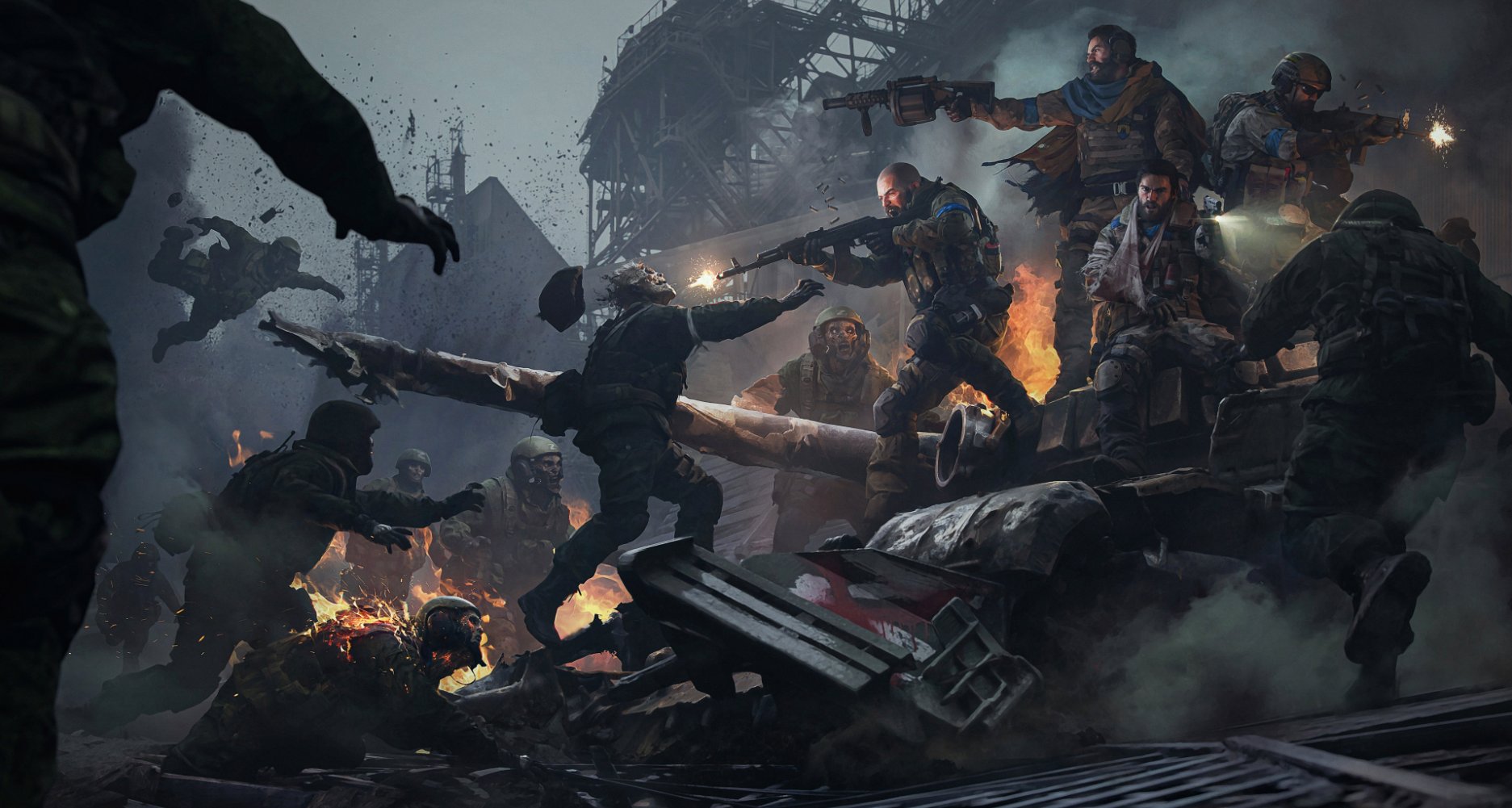derriz wrote: Mon Jun 13, 2022 9:34 am
The only other news sources interpreting these events they way you (and your twitter clown) have done are the euro-bashing UK press.
Not true.
There is plenty of comment from Poland, Estonia and other Baltic states calling out Scholtz' prevarication.
The article I posted and the Spiegel article make clear what happened. Spain has either 10 or 40 tanks (depending on the source) - unmaintained since the mid 1990s - which some low level spanish bureaucrat suggested they might be repairable and could be sent to Ukraine. At the top level, the Spanish government NEVER considered or proposed this plan and have denied they are even actively considering it. No request ever went to Scholz to sign a release but he was asked by journalists would he sign a release and he answered (reasonably given there was no specific request) that it would be assessed.
That may be, but there is a definite perception that Scholz is dragging his feet.
From this inconsequential exchange, we get your twitter guy and the Daily Express (and Telegraph) jumping up and down with indignation "Spain blocked from suppling tanks to Ukraine by Scholz!!!". It's a bullshit non-story.
Absolutely irrelevant.
I follow on Twitter because it is pretty close to real time and offers perspectives that you don't get from other sources, much of which is behind paywalls, anyway.
Scholz clearly dithered at the start (like all other countries - including the UK and to an extent the US) but Germany's complete reversal of decades of diplomatic, economic and military policy in the space of weeks in response to Russian aggression despite the huge financial cost has been remarkable.
Two, links, one British (I hope you don't take exception to the BBC) and the other German.
https://www.bbc.com/news/world-europe-61604329
https://www.spiegel.de/international/ge ... 3c144b10a6
BBC wrote:However vocal, these German unionists are in a minority. Home and abroad, Mr Scholz has come under attack for not sending Ukraine enough weapons.
...
Leading politicians from across Germany's political spectrum accuse Mr Scholz of acting as a brake on arms deliveries.
Poland's President Andrzej Duda has accused Berlin of breaking its word, saying that modern German Leopard tanks, promised by Berlin to backfill Soviet-era tanks sent to Ukraine, have not arrived.
Internationally there is a perception that Germany does not want to arm Ukraine.
"I don't understand why it's so complicated," said a frustrated Ukrainian foreign minister this week. President Volodymyr Zelensky's adviser went on social media to plead for multiple launch rocket systems (MLRS).
In reality Berlin is supplying large amounts of weapons; not as much as the US, but comparable to other European countries. Experts say Germany ranks somewhere in the middle.
The German parliament has voted overwhelmingly in favour of supplying heavy weapons. Most mainstream politicians and almost all parties support the move, including Olaf Scholz's own Social Democrat SPD, his coalition partners, the Greens and the liberal FDP, as well as the conservative opposition.
The far-right AfD and radical left-wing Die Linke are the only parties to object to arming Ukraine. Both are struggling in the polls and are fractured by internal spats.
There have been objections to weapons deliveries in the media debate, such as a public letter written by some academics and media personalities. But none of the signatories have political influence, and few have any expertise on Russia or Ukraine.
And yet, despite the consensus in the political mainstream, Mr Scholz still appears hesitant.
In speeches he repeats set phrases like "Putin must not win, Ukraine must exist". Inexplicably he never talks about Ukraine winning the war.
...
On the one hand Mr Scholz pledges full support for Ukraine. On the other, the security council that he chairs hasn't signed off requests for modern Leopard or Marder tanks which suppliers say they could send and which Ukraine wants.
This week Marie-Agnes Strack-Zimmermann, chair of the parliament's defence committee and defence expert for the liberal FDP, a party in Scholz's own governing coalition, said it was unacceptable that Germany was seen in the world as putting the brakes on military help for Ukraine "simply because we're not able to communicate properly and organise ourselves".
She wants a transparent list of what Germany is delivering and better coordination, saying the chancellor "can pull all the strings" when it comes to arms deliveries. "I'm trying to understand why he doesn't. Is out of conviction or because of his party?"
Certainly in polls, Social Democrat voters are some of the most likely to oppose arming Ukraine. The SPD traditionally believes peace in Europe can only be achieved by working with, not against Moscow. Some influential party figures would rather focus on a peace deal with Vladimir Putin and believe sending weapons to Ukraine might escalate the conflict.
...
Then he said tanks could be sent to Poland, but those don't seem to have arrived and it's not clear what the agreement was anyway. Now the message is that Berlin is sending Gepard defensive tanks directly to Ukraine, but not Leopard or Marder offensive tanks, because of a supposed informal agreement with Nato.
Other countries don't seem to have such fraught public rows about the details of arms deliveries.
The Spiegel article expresses similar sentiments, but focusses on indecisiveness.
Der Spiegel wrote:If the course of the past few months has shown one thing, it's that Scholz doesn’t make decisions until he has no other choice. When it came to arms deliveries, other Europeans had to lead the way. It was the same story when it came to cutting Russia off from the SWIFT international payments system. The chancellor’s pattern of action in this war has been that he will finally make a decision when there is no other way around it. It’s also quite possible that he will travel to Kyiv at some point for the same reason. Or send armored vehicles to Ukraine.
...
FDP politician Strack-Zimmermann also believes Scholz is primarily responsible. "One person is in charge," says the Defense Committee chair, "and that’s the chancellor." During the election campaign, Scholz promised: "If you order leadership from me, that’s what you’ll get." Were that true, he should have delivered long ago.
But he hasn’t. Or at least he has only very slowly. Is it because he is worried that Germany will be drawn further and further into the war?
Whatever the case, it has become clear that Scholz’s people are applying the brakes wherever possible.
Both of these articles are a little old, but nothing much has changed.

